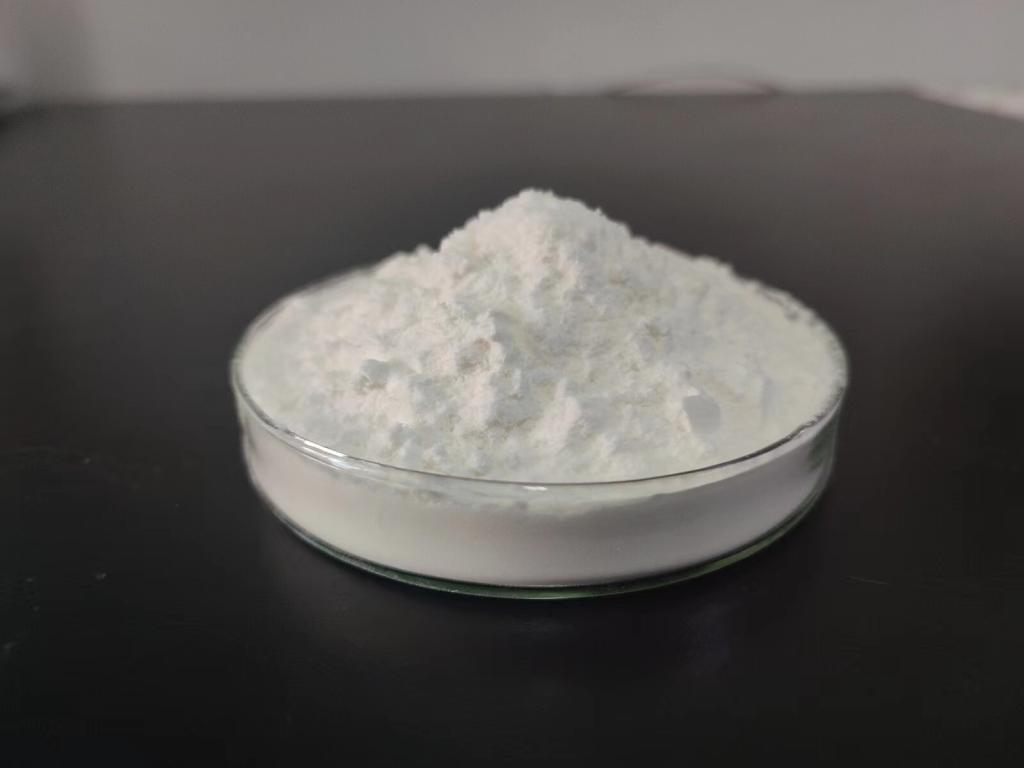Tel:0086 18231198596

News
Current Position:
Home >
News
>The development of ε-Polylysine hydrochloride-based wound care products.
The development of ε-Polylysine hydrochloride-based wound care products.
TIME:2024-04-03
Understanding Wound Care Challenges:
Wound management presents a significant clinical challenge, encompassing a wide range of acute and chronic wounds resulting from trauma, surgery, or underlying medical conditions. Proper wound care is essential for facilitating the healing process, preventing complications such as infection and promoting tissue regeneration. However, the presence of microbial pathogens, including bacteria, fungi, and viruses, poses a constant threat to wound healing and can lead to delayed healing, chronic wounds, and systemic infections.
Role of Antimicrobial Agents in Wound Care:
Antimicrobial agents play a crucial role in wound care by reducing microbial burden, preventing infection, and creating a conducive environment for wound healing. Traditional antimicrobial agents, such as antibiotics and antiseptics, have been widely used for wound management. However, the emergence of antimicrobial resistance and concerns about cytotoxicity and tissue damage have led to the exploration of alternative antimicrobial strategies, including natural peptides like ε-Polylysine hydrochloride.
Properties of ε-Polylysine Hydrochloride:
ε-Polylysine hydrochloride is a cationic polypeptide composed of multiple lysine residues linked by peptide bonds. It is produced through fermentation of Streptomyces albulus and exhibits potent antimicrobial activity against a broad spectrum of bacteria, yeasts, and molds. ε-Polylysine hydrochloride's mechanisms of action involve disrupting microbial cell membranes, inhibiting protein synthesis, and interfering with essential cellular processes, ultimately leading to microbial cell death.
Furthermore, ε-Polylysine hydrochloride is biocompatible, non-toxic, and biodegradable, making it well-suited for medical applications. Its stability in physiological conditions, including variations in pH and temperature, further enhances its attractiveness as an antimicrobial agent for wound care products.
Development of ε-Polylysine Hydrochloride-Based Wound Care Products:
The development of ε-Polylysine hydrochloride-based wound care products has gained momentum in recent years, driven by the need for effective antimicrobial solutions that are safe, sustainable, and conducive to wound healing. These products encompass a range of formulations, including dressings, gels, ointments, and coatings, designed to deliver ε-Polylysine hydrochloride directly to the wound site while providing protection and support for the healing process.
ε-Polylysine hydrochloride-based wound dressings are particularly promising, as they provide sustained release of the antimicrobial peptide, maintain a moist wound environment, and facilitate gas exchange, all of which are conducive to wound healing. These dressings may be composed of various materials, such as hydrogels, foams, films, or fibers, each offering unique properties and advantages for wound management.
Clinical Applications and Benefits:
Clinical studies have demonstrated the efficacy and safety of ε-Polylysine hydrochloride-based wound care products in promoting wound healing and preventing infection. These products have been shown to reduce microbial colonization, accelerate wound closure, and improve overall wound outcomes in patients with acute and chronic wounds, including diabetic ulcers, pressure ulcers, surgical wounds, and burns.
Furthermore, ε-Polylysine hydrochloride-based wound care products offer several advantages over traditional antimicrobial agents. They exhibit broad-spectrum antimicrobial activity against a wide range of pathogens, including antibiotic-resistant strains, thereby reducing the risk of treatment failure and complications. Additionally, ε-Polylysine hydrochloride is less likely to induce antimicrobial resistance, as its mechanisms of action target multiple microbial pathways.
Moreover, ε-Polylysine hydrochloride-based wound care products are well-tolerated by patients, with minimal risk of adverse reactions or systemic toxicity. Their biocompatibility and biodegradability make them suitable for use in various clinical settings, including hospitals, clinics, and home care environments. By promoting wound healing and preventing infection, ε-Polylysine hydrochloride-based wound care products contribute to improved patient outcomes, reduced healthcare costs, and enhanced quality of life for patients with acute and chronic wounds.
Future Directions and Innovations:
The future of ε-Polylysine hydrochloride-based wound care products holds promise for further innovation and advancement. Ongoing research efforts are focused on optimizing formulations, delivery systems, and manufacturing processes to enhance efficacy, stability, and scalability. Additionally, investigations into combination therapies, such as ε-Polylysine hydrochloride with growth factors or other wound healing agents, may lead to synergistic effects and improved clinical outcomes.
Furthermore, the development of ε-Polylysine hydrochloride-based wound care products tailored to specific wound types, patient populations, and clinical settings is expected to expand their utility and accessibility. Collaborations between researchers, clinicians, and industry partners will be instrumental in driving forward the development and commercialization of these innovative wound care solutions.
Conclusion:
ε-Polylysine hydrochloride-based wound care products represent a promising advancement in the field of wound management, offering effective antimicrobial activity, biocompatibility, and safety for patients with acute and chronic wounds. Their development underscores the potential of natural antimicrobial peptides as alternative therapeutic options for combating microbial infections and promoting wound healing. By harnessing the properties of ε-Polylysine hydrochloride, clinicians and researchers can continue to innovate and improve wound care practices, ultimately enhancing patient outcomes and quality of life.

 CONTACT
CONTACT




